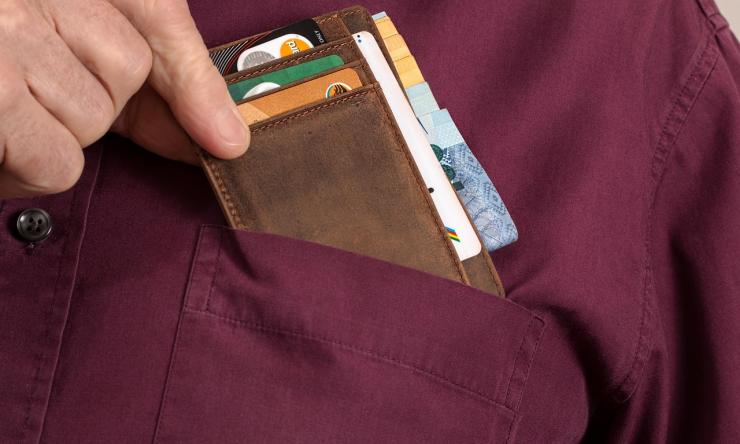Ease your shopping addiction this holiday season
‘Tis the season of malls, sales and hunting for deals: a shopper’s dream. But when does shopping become a problem? A Baylor College of Medicine psychiatrist explains the habits of shopping addiction and details how to carefully go about holiday shopping without overspending.
“Shopping addiction is on the rise because plastic [credit card use] is on the rise,” said Dr. Asim Shah, professor and executive vice chair in the Menninger Department of Psychiatry at Baylor. “People used to shop with cash, so they could only shop with the money they had on them. Now, people can shop for anything with a credit card whether they’re at the mall or at home shopping online.”
Shopping habits are challenged more with the ease of online shopping, which has precipitated shopping addiction. Signs of a shopping addiction include not being able to control shopping, always thinking about shopping, compulsive spending/shopping habits and shopping to control depressive feelings or negative emotions, which can cause financial distress. Additional signs include hiding shopping habits and purchases, as well as neglecting day-to-day responsibilities, which might lead to legal issues like shoplifting.
“Like any addiction, you need to treat it with realization first. Acknowledge that you have a problem, then you can do something constructive,” Shah said.
Think about how much you spent in the last month: how much of that was necessary and how much was unnecessary? Make a chart to visualize your spending habits. Support groups and cognitive behavioral therapy are also helpful in treating shopping addiction. Shah provides suggestions for those trying to spend less:
- Limit exposure: If you have a habit of online shopping, decrease your time online. If you go to the mall often to shop, try to decrease the stimulus to go to the mall.
- Don’t shop alone: Go shopping with someone who can stop you from overspending.
- Make a financial plan: Set up a financial goal by giving yourself a limit of what to spend each month.
- Pay with cash: Try not to use the credit card and only use cash. This presents a certain limit, and as soon as the cash is gone, you cannot spend more.
Whether you experience shopping addiction or not, it can be difficult to avoid spending this time of year due to sales. Brands create deals that are enticing, stimulating and encouraging. While many people choose to wait for Black Friday and Cyber Monday sales, Shah recommends setting a financial limit, avoid going to the mall unnecessarily and try to not browse online excessively. He also suggests paying credit card bills as soon as possible and advises against deferring payments; payments multiply and interest rates increase, leading to debt.
“Recognize that these ads and deals are created to grab attention and create positive feelings,” he said.
Shopping sparks joy for most people. Pleasure is related to the neurotransmitter dopamine, which plays a role in the reward system. Shopping makes people happy because dopamine is released from the neurotransmitter and the reward system gets activated, leading to excitement and pleasure. Instead of spending on unnecessary items, Shah recommends donating to those who have less.
“Think about people who have less this time of year. Spending money to help others by donating also gives pleasure,” he said.










